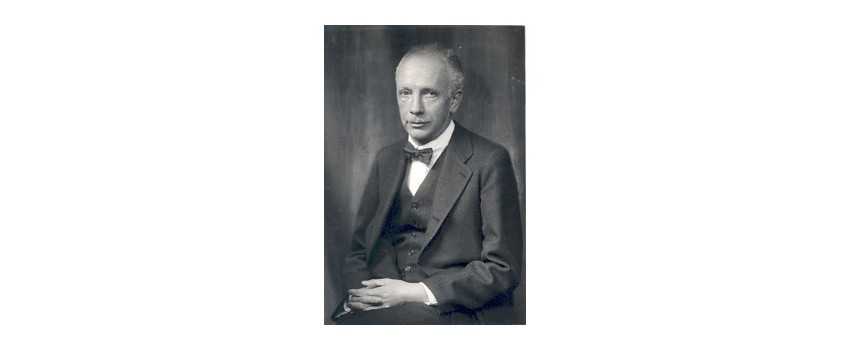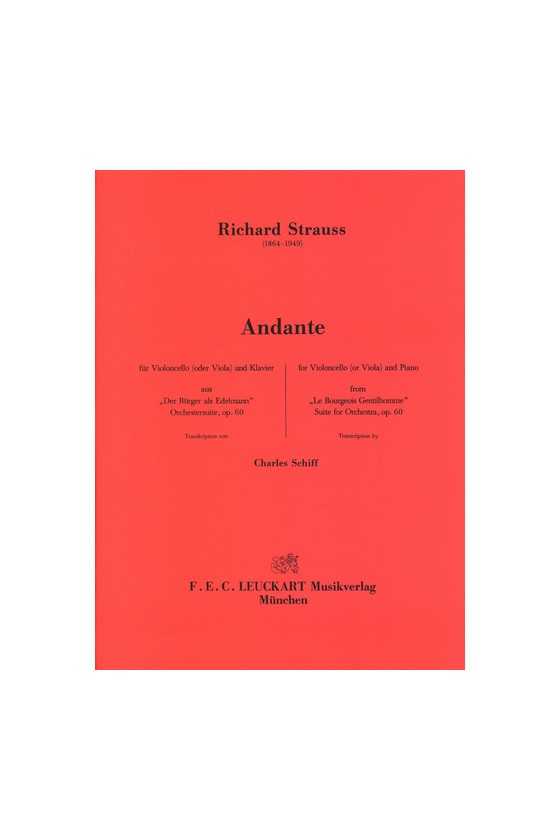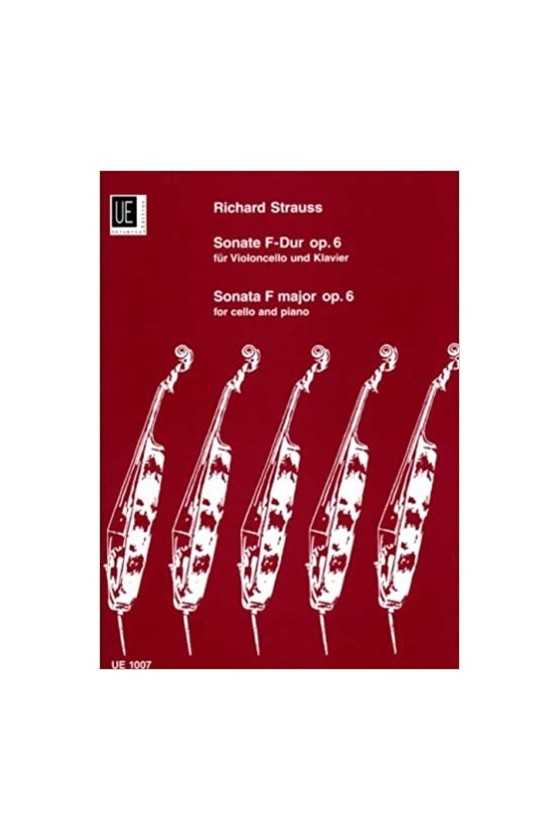Strauss, Richard
Richard Strauss, a prominent German composer of the Romantic era, left an indelible mark on the world of music with his innovative symphonic poems and groundbreaking operas. Born on June 11, 1864, Strauss revolutionized the traditional repertoire and became known as the father of modern opera. This article delves into the life and music of Richard Strauss, exploring his symphonic poetry, operas, and the controversies surrounding his works.
Early Life and Education
Richard Strauss was born into a musical family in Munich, Germany. His father, Franz Strauss, was a renowned horn player, and his mother, Josephine Pschorr, came from a wealthy brewing family. From an early age, Richard displayed exceptional musical talent and began his musical education under the guidance of his father.
Symphonic Poems: A New Frontier in Music
In the 1890s, Richard Strauss embarked on a journey to redefine the concept of orchestral music with his symphonic poems. These compositions, characterized by their rich orchestration and vivid storytelling, marked a departure from the traditional symphonic structure. Two of his most celebrated symphonic poems, Don Quichotte and Ein Heldenleben (A Hero's Life), premiered in 1898 and 1899, respectively, captivating audiences with their emotional depth and innovative musical techniques.
The Operatic Triumph: Salome and Beyond
While Richard Strauss had already achieved recognition with his symphonic poems, it was his foray into opera that solidified his position as a musical genius. In 1905, Strauss premiered Salome, based on the scandalous play by Oscar Wilde, in Dresden. Despite the controversy surrounding the opera's themes of sexuality and violence, Salome became an instant hit in major opera houses around the world, except in Vienna, where it was banned by the censor. This success propelled Strauss into the forefront of the operatic scene.
The Collaboration with Hugo von Hofmannsthal
Richard Strauss formed a fruitful and enduring partnership with the Austrian poet and playwright Hugo von Hofmannsthal. Together, they created some of the most iconic operas of the 20th century. The duo's first collaboration, Electra, premiered in 1909, showcasing Strauss's mastery in composing intense and emotionally charged music. This was followed by another triumph, Der Rosenkavalier, which premiered in 1911 and solidified Strauss's reputation as a leading opera composer.
Controversies and Challenges
Throughout his career, Richard Strauss faced several controversies and challenges. One notable incident occurred in 1933 when the Nazis rose to power in Germany. Due to his Jewish daughter-in-law, Strauss faced scrutiny and pressure to align with the Nazi regime. However, he managed to navigate this difficult period with caution, ensuring the safety of his family while continuing to compose music that defied political boundaries.
Later Works and Legacy
In the later years of his life, Richard Strauss continued to push the boundaries of musical expression. He composed several masterpieces, including his Four Last Songs, which were completed shortly before his death in 1949. These songs, characterized by their poignant melodies and introspective lyrics, serve as a testament to Strauss's enduring legacy.
Influence and Legacy
Richard Strauss's impact on the world of music cannot be overstated. His innovative approach to orchestral composition and his ability to evoke deep emotions through music paved the way for future generations of composers. Strauss's works continue to be performed and celebrated worldwide, ensuring that his legacy lives on.
Conclusion
Richard Strauss, the visionary composer of the Romantic era, left an indelible mark on the world of music. Through his symphonic poems and groundbreaking operas, he challenged the conventions of his time and created a musical language that resonates to this day. Strauss's life and works serve as an inspiration for aspiring composers, reminding us of the power of music to transcend boundaries and touch the depths of the human soul.



